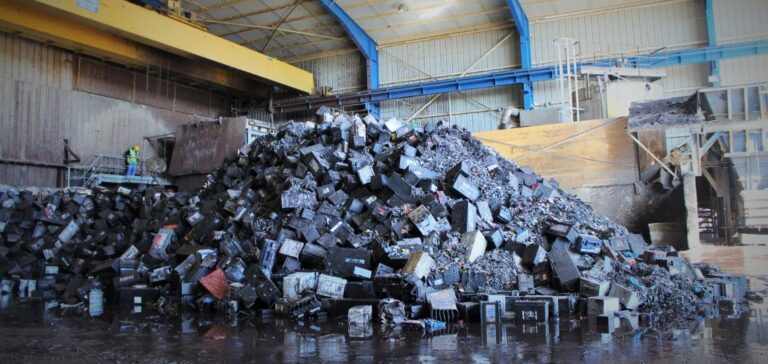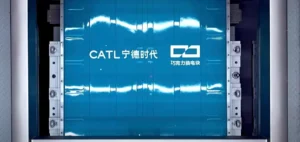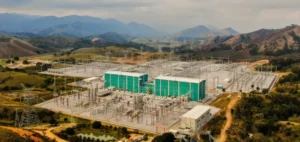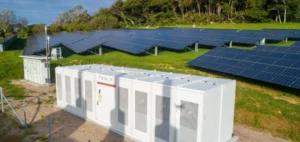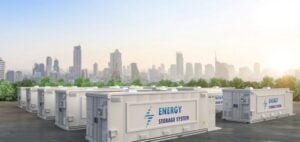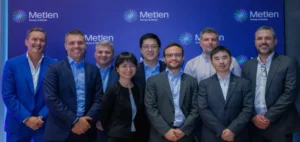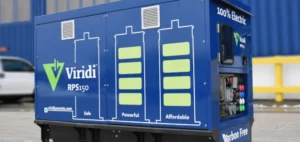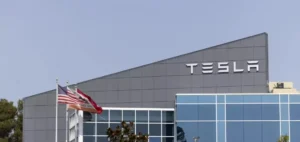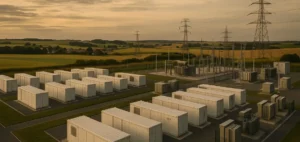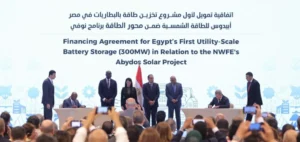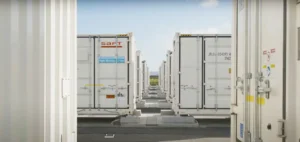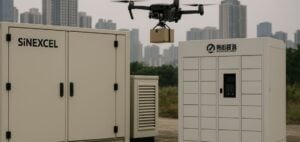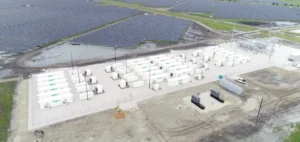The lead battery industry in the United States directly accounts for 106,050 jobs in manufacturing, recycling, transportation, and distribution activities, representing a total annual economic output valued at USD 35 billion in 2023. Salaries within the sector average USD 81,600 annually, exceeding the national average salary of USD 72,300. Among industry segments, recycling activities provide the highest average annual income at USD 119,700 per employee. Overall, personal income generated by the industry amounts to USD 8.6 billion annually, mostly in salaries and other direct compensation.
Contribution to the national economy
In terms of economic significance, the U.S. battery industry—spanning all battery technologies, including lithium-ion, sodium, nickel, and flow batteries—collectively contributes an estimated USD 10 trillion to the national economy. This represents roughly 21% of the total economic output of the United States. Additionally, approximately 54 million U.S. jobs, or around a quarter of total employment in the country, rely directly or indirectly on battery manufacturing or related activities. The combined wages from these jobs contribute approximately USD 3.6 trillion annually across various sectors.
Key sectors and strategic role
Lead batteries remain crucial components of the domestic supply chain due to their essential role in multiple sectors, including automotive, telecommunications, military applications, and logistics. This technology is particularly valued for its reliability, availability, and consistent energy delivery. Their extensive integration into infrastructure and critical industries underlines the strategic position that lead batteries hold within the broader U.S. industrial landscape. Consequently, manufacturers closely monitor federal policies influencing battery production, employment, and the stability of national supply chains.
Employment and compensation trends
Employment within the lead battery sector remains concentrated in areas that encompass significant industrial and logistical operations, notably in manufacturing and recycling centers. Recycling, in particular, provides substantial employment with notably higher average salaries compared to other segments within the industry. The industry’s performance, including the high compensation rates, emphasizes the sector’s ongoing economic stability and underscores its continued importance within the broader industrial landscape.

